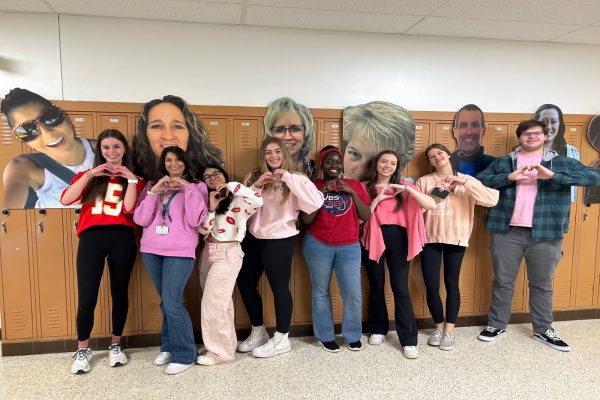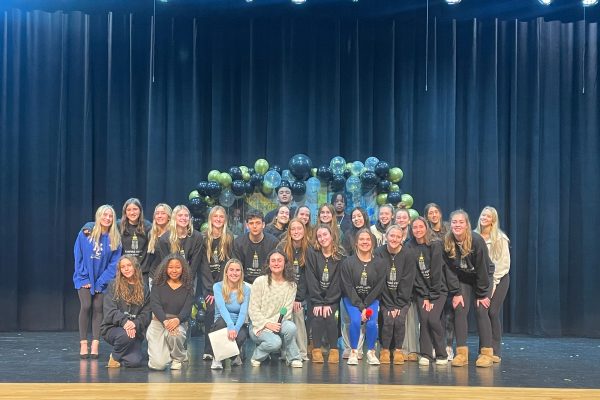African American History: “Civil rights 50 years later”
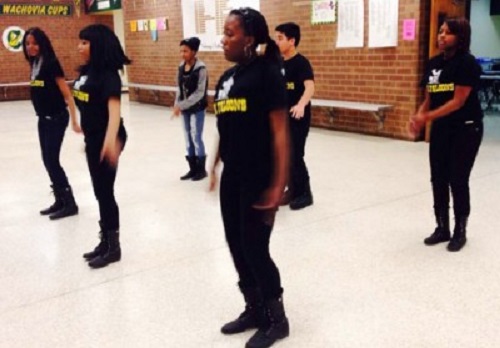
STEP TEAM MEMBERS (L-R) seniors Jay’sha Harris, Victoria Smith, Nyiera Bradley, juniors Faith Webb and Francisco Alderete, and freshman Shanayaa Murphy practice for the annual African American Assembly.
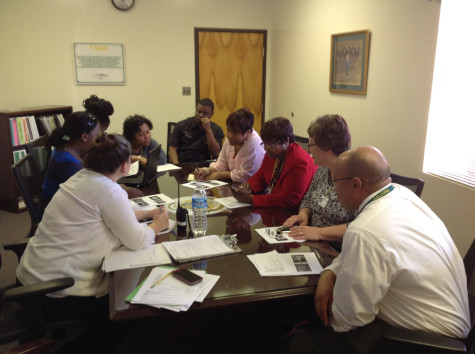
February: Valentine’s Day, Groundhog Day, President’s Day and every four years we even add a day for Leap year. An abundance of events are packed into a month with fewer days than any other. And, while this month is already special, it is time for African American Culture to really shine.
In its thirteenth consecutive year, the school will present its African-American History Month celebration. This year’s theme, “Civil Rights: 50 Years Later,” will commence on Friday, Feb. 28, and will include performances from the Step Team, Falcon Jazz Chorus, and Falcon Band.
This year’s African American assembly committee includes dedicated staff members and students. Furthermore, the committee has secured keynote and motivational speaker, All-American sprinter Charles Clark.
Clark is a product of VBCPS who overcame adversity, becoming a world class athlete and academic at Florida State University. As of late, he uses his talent to inspire and educate.
African American history itself actually does not have a long history. It has been annually recognized by Americans only since 1926, beginning as “Negro History Week.” Jump starting what is now referred to as African American History month, was Dr. Carter G. Woodson (1875-1950), also known as the “Father of Black History.” Woodson, the son of former slaves, helped the Union soldiers during the Civil War and was self-taught through grade school. He then attended the University of Chicago, moving on to Harvard University to earn his PH.D. Later, he founded the Association for the Study of Negro Life and History, now called the Association for the Study of African American Life and History (ASALH).
“I am very thankful for the efforts of Dr. Carter G. Woodson to make sure that the achievements of African Americans are recognized on a national level,” Assistant Principal Kellie Mason said.
Woodson chose the second week of February to celebrate African American History. In the 1970s, Congress changed the week in February to the entire month.
The month also marks the birthdays of two men in history that greatly influenced the African America population: Frederick Douglass and Abraham Lincoln.
“Learning about these two gentlemen has shed light on many things that I wasn’t aware of before and I am very thankful for their sacrifices and accomplishments for the African American community,” junior Mia Stephens said.
World History II teacher Dr. Vera McLauchlin has long been an advocate and contributor in the activities involving African American History month.
“The highlight of the month is the assembly. This is the part in which the whole committee works together ensuring the audience guest performers, guest speakers, and other activities that represent the African culture and the promotion of equal rights,” McLaughlin said.
The hard work pays off though. And, with all the preparation and stress over perfecting the assembly, in the end, it is fun, educational, and is appreciated by the entire school.
In a country where equal rights for African Americans and all Americans have advanced, there is still work to do. Thus, it is through education and recognition of those who have fought for change that makes the month of February truly special.
Perhaps the most recognized speaker and activist in the fight for equal rights for African Americans was Dr. Martin Luther King, Jr., who once stated that “the hope of a secure and livable world lies with disciplined nonconformists who are dedicated to justice, peace, and brotherhood.”

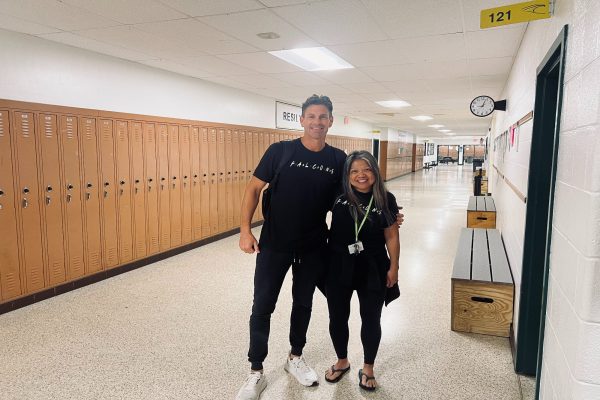
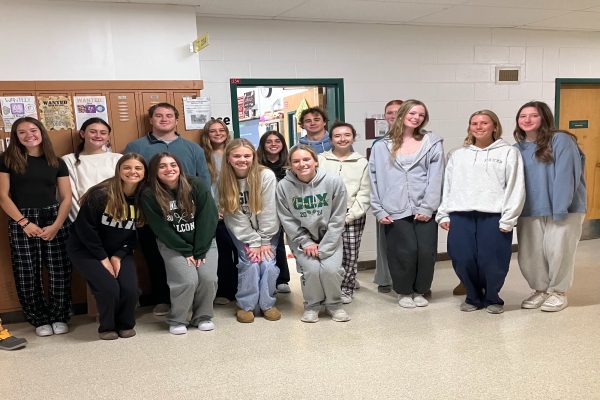
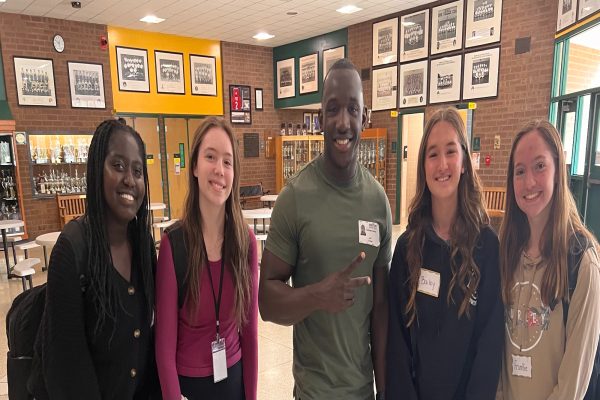
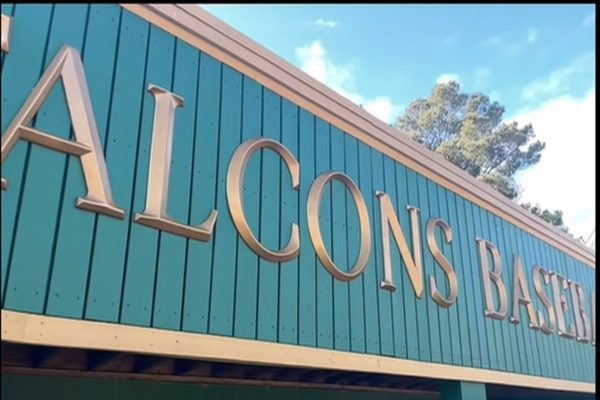
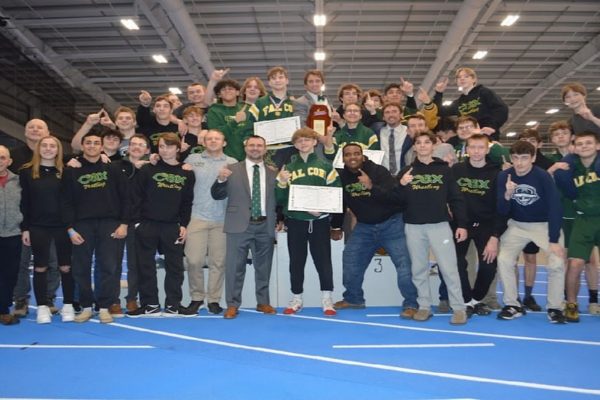

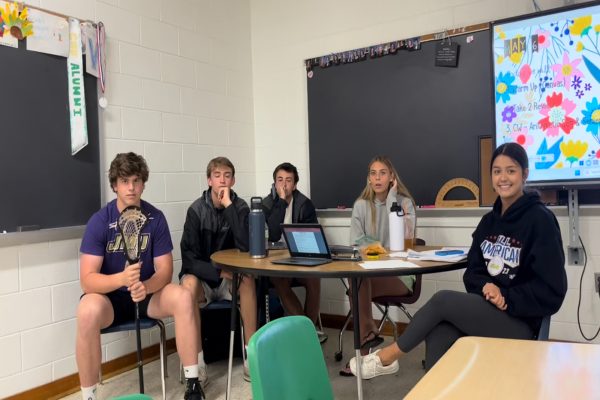
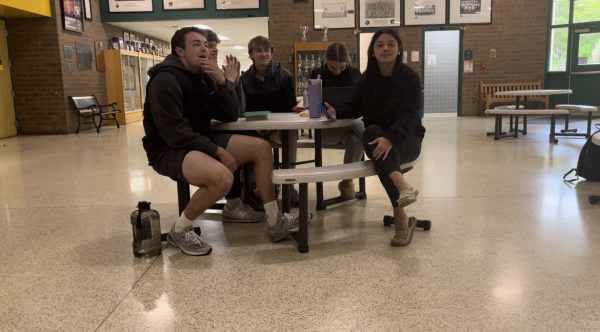

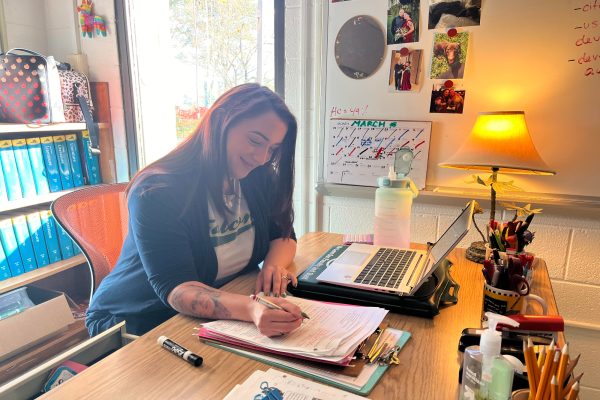
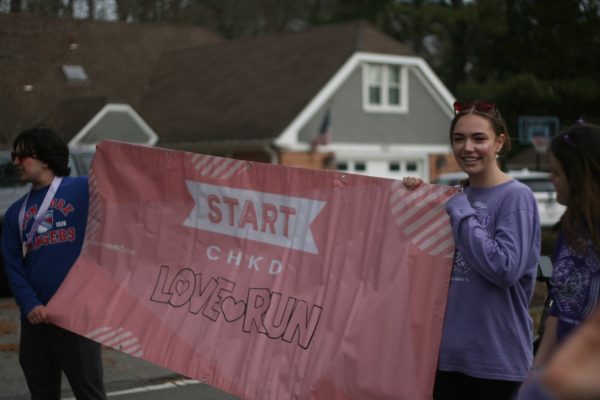

![STUDENT-ATHLETES waited patiently for their coaches to speak about their players before signing letters of intent during the annual National Signing Day event this year. Each of these student-athletes will attend their college or university of choice to play their [respective] sport.](https://falconpressnews.org/wp-content/uploads/2024/02/signday1-600x400.jpg)
